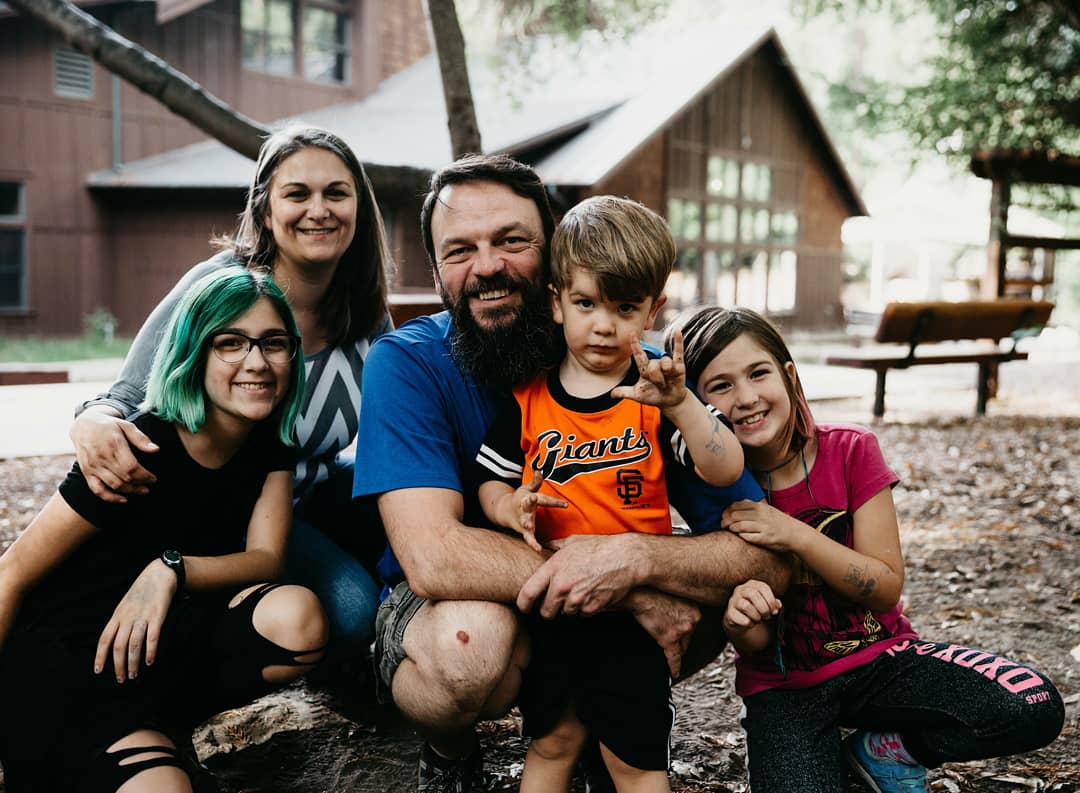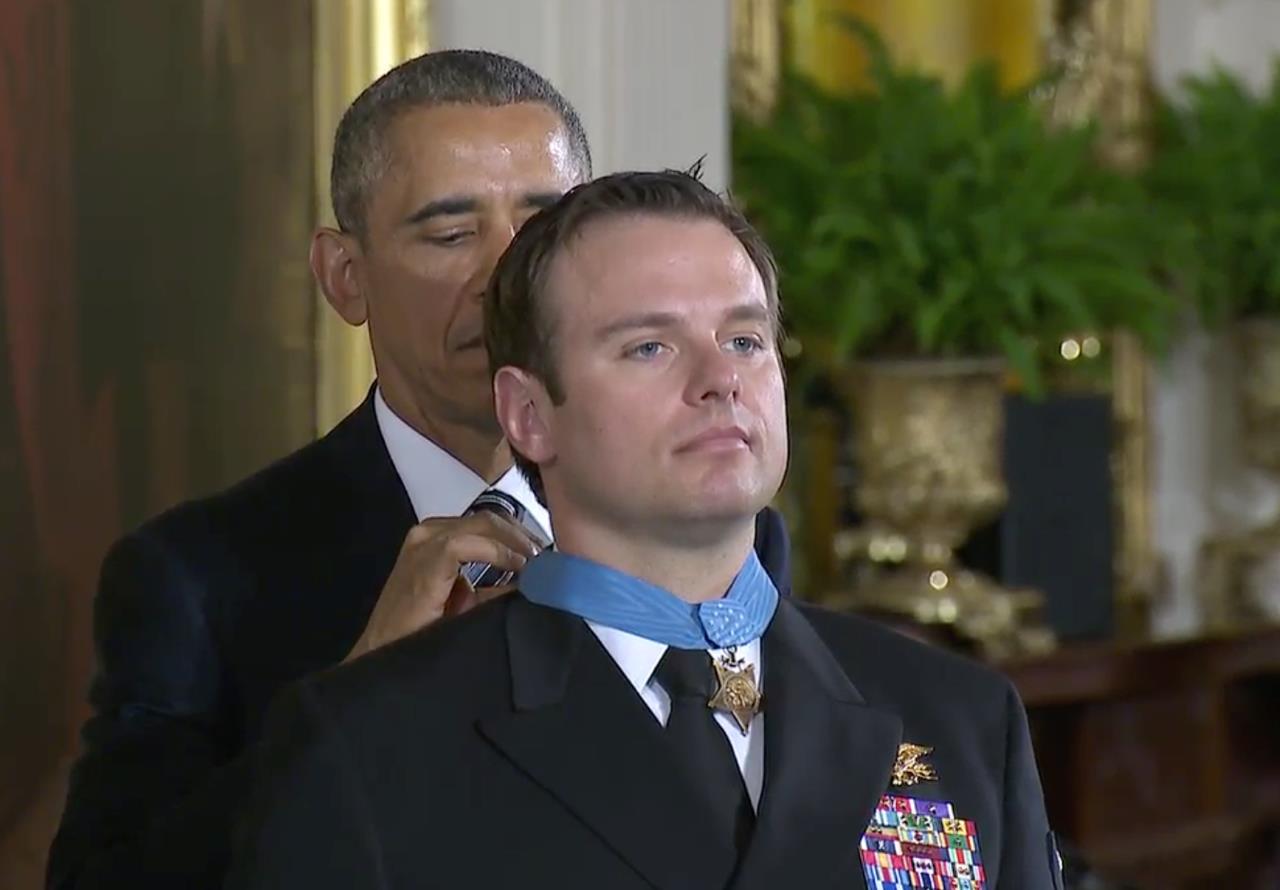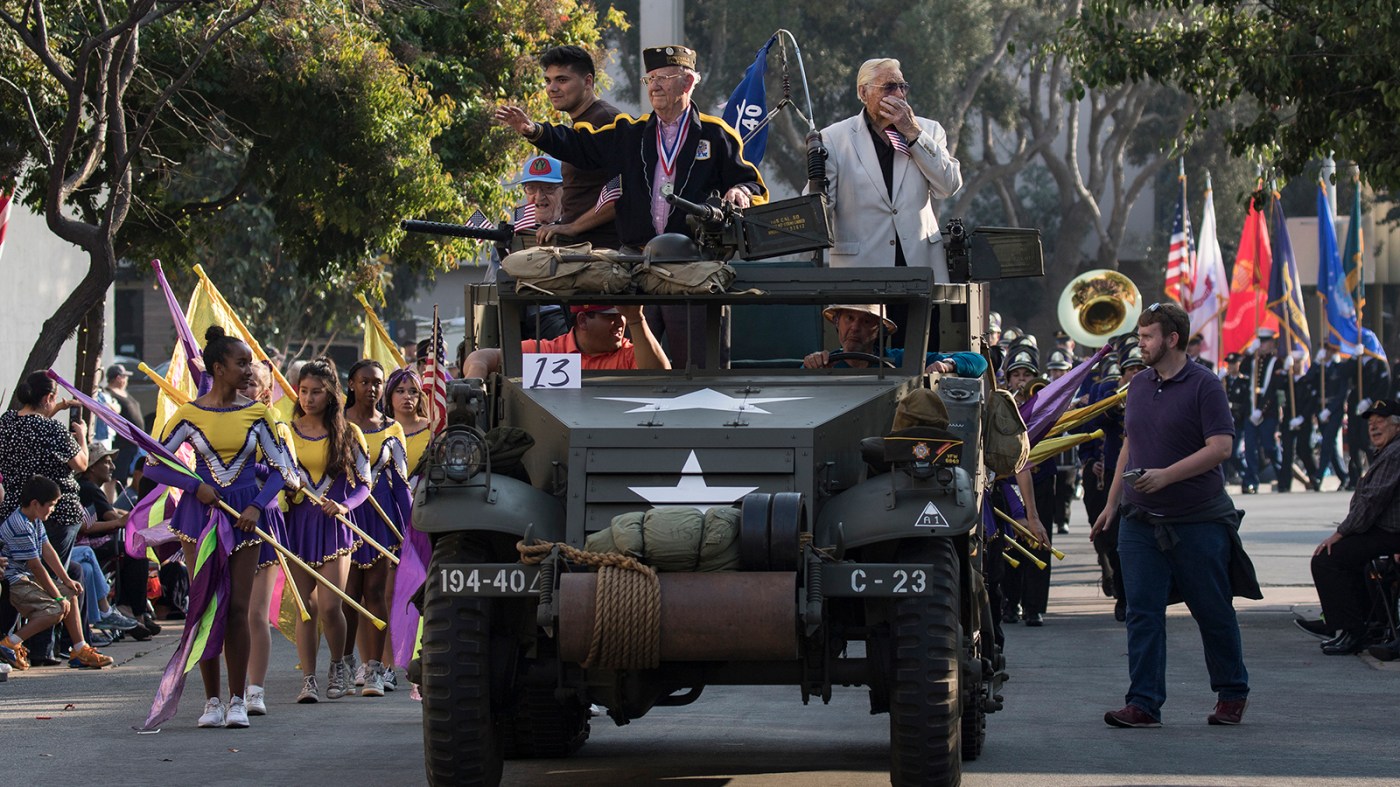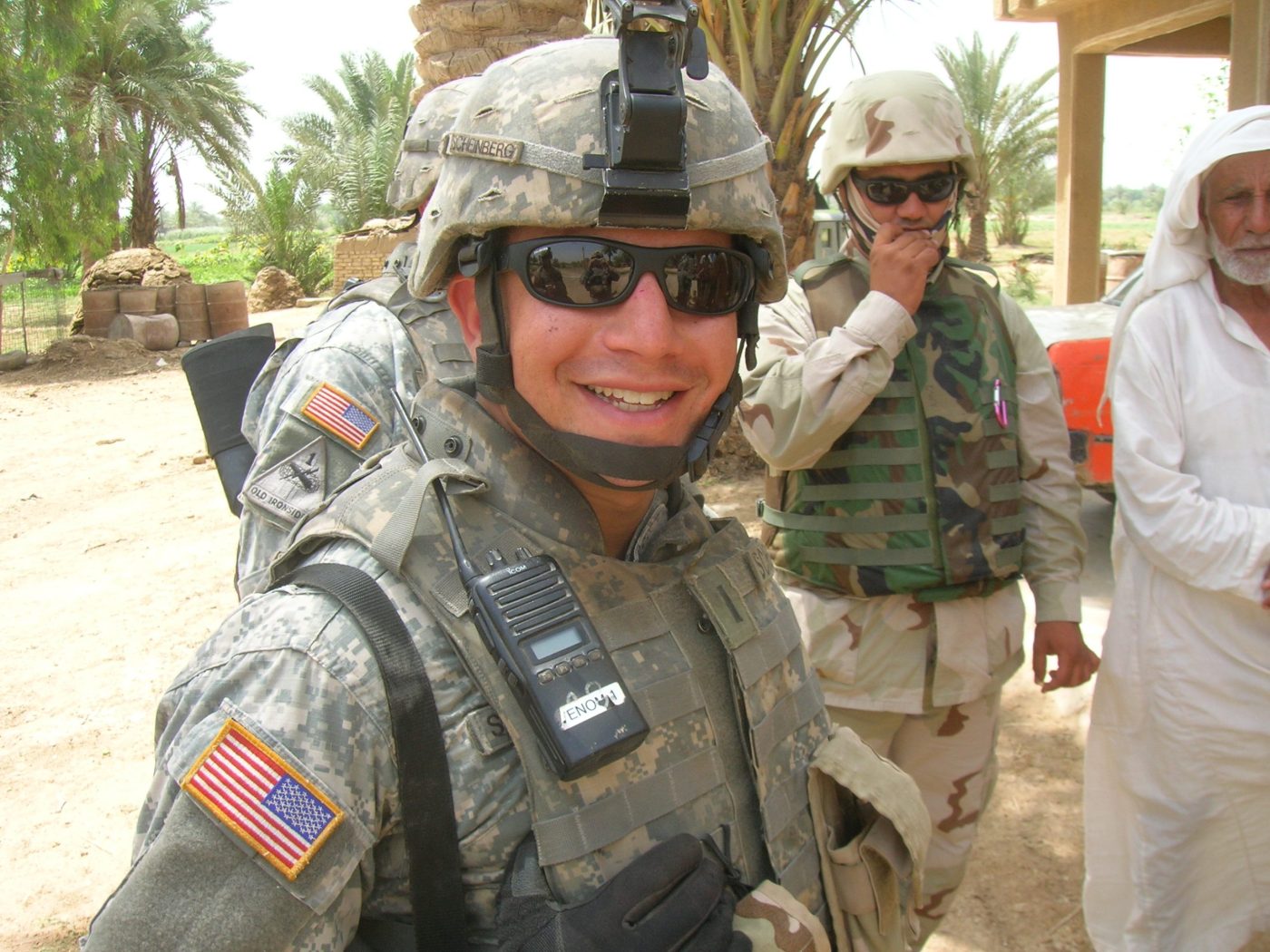In April, our country marks the Month of the Military Child. During this month, we pay tribute to the incredible resilience of military-connected children, which includes active duty, National Guard, Reserve and children of Veterans. We honor these children, who many times make sacrifices so that their parents may serve our nation.
At VA, we want to highlight the inclusiveness of the term “military child” or “military-connected child” to include children of Veterans, some who may even be the child of a Veteran and yet also have a parent still in the military, and others who have survived the tragic loss of their Veteran parent due to military related injuries or illnesses.
These children may not be easily identified at a pediatrician visit, in a school system or in their greater community, but it is important for us to identify them and offer support. According to the Institute for Veterans & Military Families, in collaboration with Blue Star Families, in 2014 there was an estimated 2.1 million children of post 9/11 Veterans. A recent report, Hidden Helpers at the Frontlines of Caregiving (2021), there are approximately 2.3 million children under the age of 18 who live with a Veteran who is disabled. Many of these children and adolescents live in caregiving households, where they may be taking on added household responsibilities and caregiving tasks. They may take a more active role in their own personal care and/or the care or supervision of a sibling. Some of these roles they play at home are those which would have been typically provided by another adult in the household. Children in caregiving households may feel misunderstood or isolated in their experience. Military-connected children are recognized as strong and resilient, and they also want and deserve our support.
Michael Elias is one of these children. “As a military kid, I not only have to deal with the emotions of moving every two years, but I also feel like no one really gets me because I also help as a caretaker for my mom,” he said. “And since her wounds from when she was in the military are invisible, not to mention women like my mom still don’t get much recognition for their service, most of my school friends don’t understand why I have to help with so many chores and help with my little sister so much. There aren’t really any programs or special recognition days for kids like me. I just feel kind of alone.”
Steve and Danielle Vincent’s four children have had their challenges, too, but they have met them with a mindset of growth and grace. “My hope is that seeing us fall and learn and grow will in the long run help our kids to know that we are never stuck,” Danielle said. “We are always presented with opportunities to learn and stretch.”
Often, other Veteran families are critical to the well-being of a whole family, especially the children. Through organizations who offer support to Veteran families, Danielle’s children have found a sense of belonging. Being around other children whose Veteran parent has health issues or has had an inpatient mental health stay helps the children feel less alone. Danielle’s advice to other parents of military-connected children and adolescents? “Reach out. Search for any community resources that give you a place where you don’t feel totally different – a place where you are seen.”
VA works closely with Joining Forces to continue its national commitment to supporting and engaging military-connected families. The Strengthening America’s Military Families report highlights six priorities, to include supporting the educational needs of military-connected children; increasing support to caregivers, to include children, of wounded, ill or injured service members and Veterans; and promoting and increasing the behavioral, social and emotional well-being of military and Veteran families, caregivers and survivors.
There are many resources available to support military-connected children and adolescents. Whether you are the child or adolescent of a Veteran, the parent or guardian of a military-connected child, or even if you know of one in your community, please consider the following resources:
VA Resources
VA Family And Caregiver Health Benefits
VA Education Benefits For Survivors And Dependents
Parenting for Service Members and Veterans
Community Services & Support Resources for Children & Families
Cohen Veterans Network | Veteran and Military Family Mental Health Care
Elizabeth Dole Foundation Hidden Helpers
Military Child Education Coalition
The National Child Traumatic Stress Network | (nctsn.org)
Psychological Health Center of Excellence | Health.mil
Semper Fi & America’s Fund Family Support
Sesame Street For Military Families
Wounded Warrior Project Families
Zero to Three: Military and Veteran Families Support
VA does not endorse and is not responsible for the content of the linked websites.
Topics in this story
More Stories
VA recently developed a pilot program providing direct and specialized assistance for the 65 living Medal of Honor recipients nationwide.
This year, Veterans Day ceremonies recognized by VA will be held in 66 communities throughout 34 states and the District of Columbia to honor the nation's veterans.
A personal reflection on generational service from VA Deputy Assistant Secretary Aaron Scheinberg.







